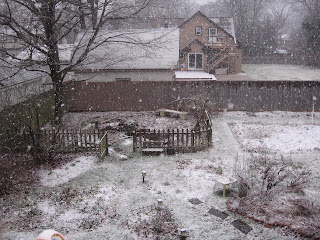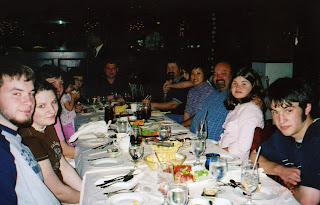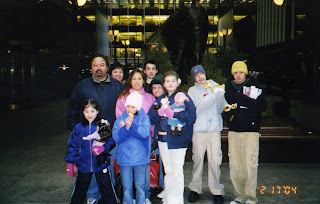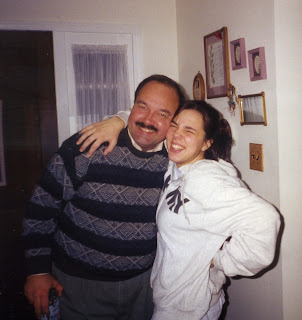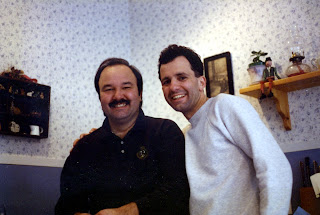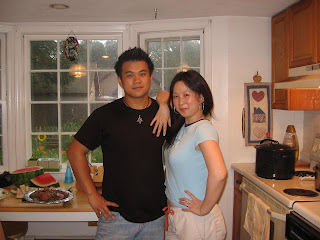Sowing and Reaping in the Backyard and in Life
One of the things I love about gardening is the sowing and reaping that takes place. Charlene, my daughter's mother-in-law, gave me a load of daffodils last fall. I dug down deep to get these bulbs in. With the warm weather the past month my work is showing up. They have pushed their way through the soil. All through the yard yellow and white flowers will appear this spring. I sowed and I am about to reap. It is gratifying!
I also put crocuses all across the lawn in the front. Sometime next month there will be purple and yellow and orange and white blooms announcing the beginning of the warmer weather and many many more beautiful displays.
Life is much like a garden, you reap what you sow.
Solomon knew the Word of God. He knew the instruction given to Moses by God to be given to the kings Israel would eventually have. It is very plain:
When you enter the land the LORD your God is giving you and have taken possession of it and settled in it, and you say, "Let us set a king over us like all the nations around us," be sure to appoint over you the king the LORD your God chooses. He must be from among your own brothers. Do not place a foreigner over you, one who is not a brother Israelite. The king, moreover, must not acquire great numbers of horses for himself or make the people return to Egypt to get more of them, for the LORD has told you, "You are not to go back that way again." He must not take many wives, or his heart will be led astray. He must not accumulate large amounts of silver and gold.
When he takes the throne of his kingdom, he is to write for himself on a scroll a copy of this law, taken from that of the priests, who are Levites. It is to be with him, and he is to read it all the days of his life so that he may learn to revere the LORD his God and follow carefully all the words of this law and these decrees (Deuteronomy 17.14-19)
Solomon did not follow this direction. He took many wives, 300 to be exact. He also had 700 concubines. He knew what he was doing. He was to read this each day!
Solomon brought Pharaoh's daughter up from the City of David to the palace he had built for her, for he said, "My wife must not live in the palace of David king of Israel, because the places the ark of the LORD has entered are holy." (II Chronicles 8.11)
He knew that he should not have married Pharoah's daughter, yet he did. When he got her back to Jerusalem the truth began to hit him. He tried to stop it but he couldn't. He ended up reaping what he sowed and in the next generation the kingdom of Israel was split.
It is interesting. When a person begins to reap what they have sown it is either joy and peace or bitterness and turmoil. It is either joyful anticipation of what it to come or dread over what will be.
Let us not become weary in doing good, for at the proper time we will reap a harvest if we do not give up.
Peacemakers who sow in peace raise a harvest of righteousness.














